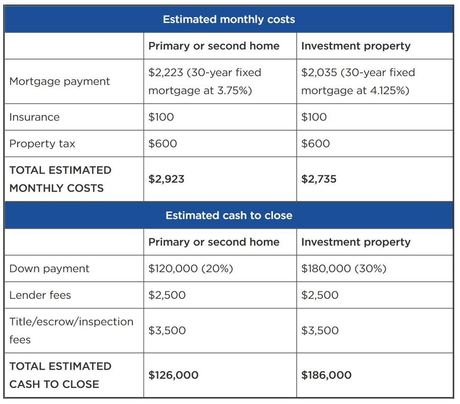There’s no way to move hassle-free, but there are things you can do to minimize risk of being taken for a ride. There are three basic questions you should answer before you get into serious negotiations about rates and services.
Question No. 1: Am I Dealing with a Mover or a Broker?
Moving companies own the trucks that transport your things. They hire people to drive them and to load and unload them. Brokers are agents for moving companies and usually partner with a number of different moving companies. They often give the business to the company that makes the lowest bid for the job.
It can be hard to tell whether a company is a mover or a broker. But it’s a critical distinction to understand. Movers do the actual work of moving your things—and they’re responsible for everything. In the event something does go wrong, you, the consumer, know exactly whose feet to hold to the fire.
But brokers may be able to save you money. This may seem strange, since they are classic middlemen who take a cut of each moving job they assign. Think of that mortgage lender whose slogan is “when banks compete, you win.” Moving brokers can hook you up with the mover who can move you efficiently and (relatively) inexpensively. They steer clients away from incompetent and unethical carriers to protect their reputation.
Question No. 2: May I Have a Detailed Written Estimate?
Moving is expensive. And risky. While there are many straight-up honest moving companies and brokers in the business, the moving industry has its share of deceptive practices. That’s why it’s important to get an estimate in writing, one that includes your full moving contract.
Don’t rely on an oral estimate or one prepared without actually seeing all your stuff. Sketchy estimates open you up to unpleasant surprises on moving day when you will have little choice but to agree to new terms. Estimates should list all of your heavy, valuable, and fragile items and should describe how and where they will be delivered.
Question No. 3: What Do I Really Know About This Company?
Moving companies are regulated by both state and federal authorities. You can check up on them at the US Department of Transportation’s website and through whatever agency regulates them in the state where you live. Be aware that the license requirements for interstate movers are more stringent than the requirements for in-state movers.
Check out what consumer publication are saying about where to find the best moving company. Look at each company’s BBB page.
You can also jump into your car and drive by the moving company’s offices just to make sure they’re real. If the business is run out of someone’s home, you might want to look for a more substantial company.




